What is St George’s Day?
Celebrations for England’s legendary dragon slayer are normally a subdued affair
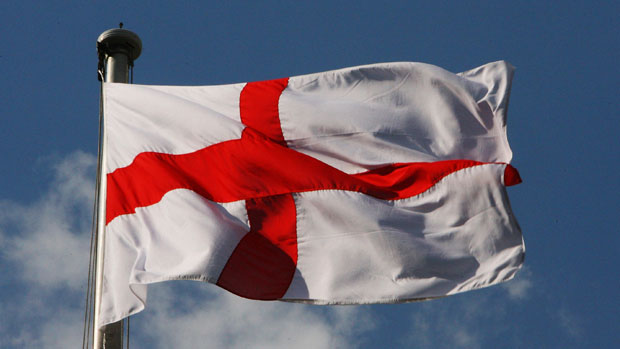
A free daily email with the biggest news stories of the day – and the best features from TheWeek.com
You are now subscribed
Your newsletter sign-up was successful
St George’s Day, a celebration of the patron saint day of England, takes place today, amid the UK’s continuing coronavirus lockdown measures.
The Telegraph reports that the day is “recognised annually on the anniversary of St George’s death” and was “previously a national holiday and was once celebrated as widely as Christmas”.
But even without a major global pandemic keeping Britons indoors, celebrations in the modern era are usually highly subdued - particularly compared to commemorations of Ireland’s patron saint, Patrick.
The Week
Escape your echo chamber. Get the facts behind the news, plus analysis from multiple perspectives.

Sign up for The Week's Free Newsletters
From our morning news briefing to a weekly Good News Newsletter, get the best of The Week delivered directly to your inbox.
From our morning news briefing to a weekly Good News Newsletter, get the best of The Week delivered directly to your inbox.
So what does St George’s Day celebrate - and why is it so rarely observed in England?
When is St George’s Day?
St George’s Day is on 23 April, but it is not a national holiday in England – unlike St Patrick’s Day in Ireland. The date was set by the Council of Oxford in 1222.
Who was St George?
A free daily email with the biggest news stories of the day – and the best features from TheWeek.com
Not much is known about St George, except that he wasn’t an Englishman. Historians believe he was born in Cappadocia, a part of modern Turkey, into a noble Christian family in the third century, and followed in his father’s footsteps by joining the Roman army, the BBC says.
Tradition suggests that when Emperor Diocletian ordered the systematic persecution of Christians, George refused to take part and was tortured and ultimately executed in Palestine. His method of torture “apparently included laceration of wheel of swords before he was eventually decapitated”, The Independent says, but before he was killed he donated all of his wealth to the poor.
George was later recognised as an early Christian martyr. The legend of St George, clad in armour, slaying a dragon and rescuing a maiden, was a medieval invention.
Why is he associated with England?
According to historian Michael Collins, one of the earliest known British references to St George appears in an account by St Adamnan, the seventh-century Abbot of Iona who heard about St George from a French bishop named Arcuif. But his reputation began to grow only when returning crusaders said the saint had made a miraculous appearance and led them into battle at the siege of Antioch in 1098. They also passed on the legend of St George’s dragon slaying to the royal court.
When King Edward III founded the Order of the Garter in around 1348, he placed it under St George’s patronage, and at about the same time English soldiers were required to wear “a signe of Saint George” on their uniforms. St George appears in Shakespeare’s version of King Henry V’s rousing address to his troops before the Battle of Agincourt: “Cry ‘God for Harry, England, and Saint George’.”
Other countries celebrating St George include Bosnia and Herzegovina, Bulgaria, Canada, Croatia, Cyprus, Georgia, Greece, Macedonia, Romania and Serbia.
Why are celebrations in England so muted?
For many in England, St George’s Day is rarely met with anything more than a shrug, if it’s even noticed at all.
A series of events usually take place across the country to commemorate England’s patron saint, including markets, festivals and feasts.
But public enthusiasm for the day has never truly taken off, in stark contrast to Ireland’s St Patrick’s Day, which is celebrated worldwide from Dublin to the Caribbean.
As The i notes, bans on public gatherings and closed pubs will mean “this year’s celebrations will be much more low-key, and limited to people’s homes”.
Historian Diarmaid Macculloch tells the Huffington Post that English apathy towards St George’s Day may be a consequence of the reformation. “The English, being Protestants for nearly five centuries, have never had much time for saints’ days – same with the Scots,” Macculloch said. “Neither really need their patron saints to celebrate nationhood.”
But others draw a distinction between St George and other patron saints of the British Isles. “St Andrew’s and St Patrick’s Day celebrations reflect the assertion of an identity distinct from the dominant English identity,” says Robert Ford, a lecturer in politics at the University of Manchester. “It is not clear whom the English define themselves against, or in comparison to.”
Research carried out in 2013 by the think tank British Future suggested that many English people are “nervous” about celebrating St George’s Day. The poll, published by the Daily Telegraph, found that many English people are concerned that national symbols like the St George’s Cross flag may be interpreted as racist.
-
 ‘Poor time management isn’t just an inconvenience’
‘Poor time management isn’t just an inconvenience’Instant Opinion Opinion, comment and editorials of the day
-
 Bad Bunny’s Super Bowl: A win for unity
Bad Bunny’s Super Bowl: A win for unityFeature The global superstar's halftime show was a celebration for everyone to enjoy
-
 Book reviews: ‘Bonfire of the Murdochs’ and ‘The Typewriter and the Guillotine’
Book reviews: ‘Bonfire of the Murdochs’ and ‘The Typewriter and the Guillotine’Feature New insights into the Murdoch family’s turmoil and a renowned journalist’s time in pre-World War II Paris
-
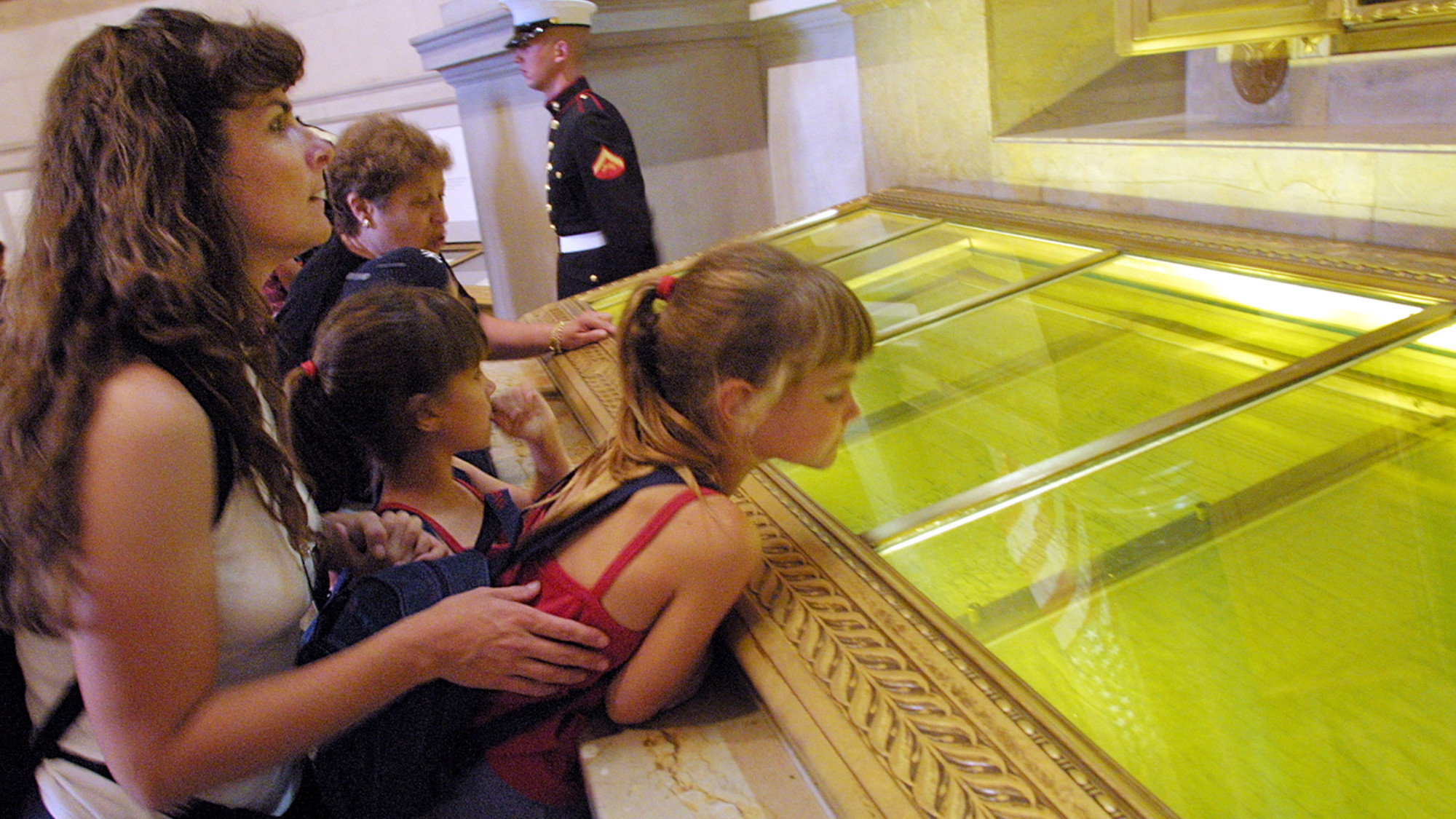 Book reviews: ‘We the People: A History of the U.S. Constitution’ and ‘Will There Ever Be Another You’
Book reviews: ‘We the People: A History of the U.S. Constitution’ and ‘Will There Ever Be Another You’Feature The many attempts to amend the U.S. Constitution and Patricia Lockwood’s struggle with long Covid
-
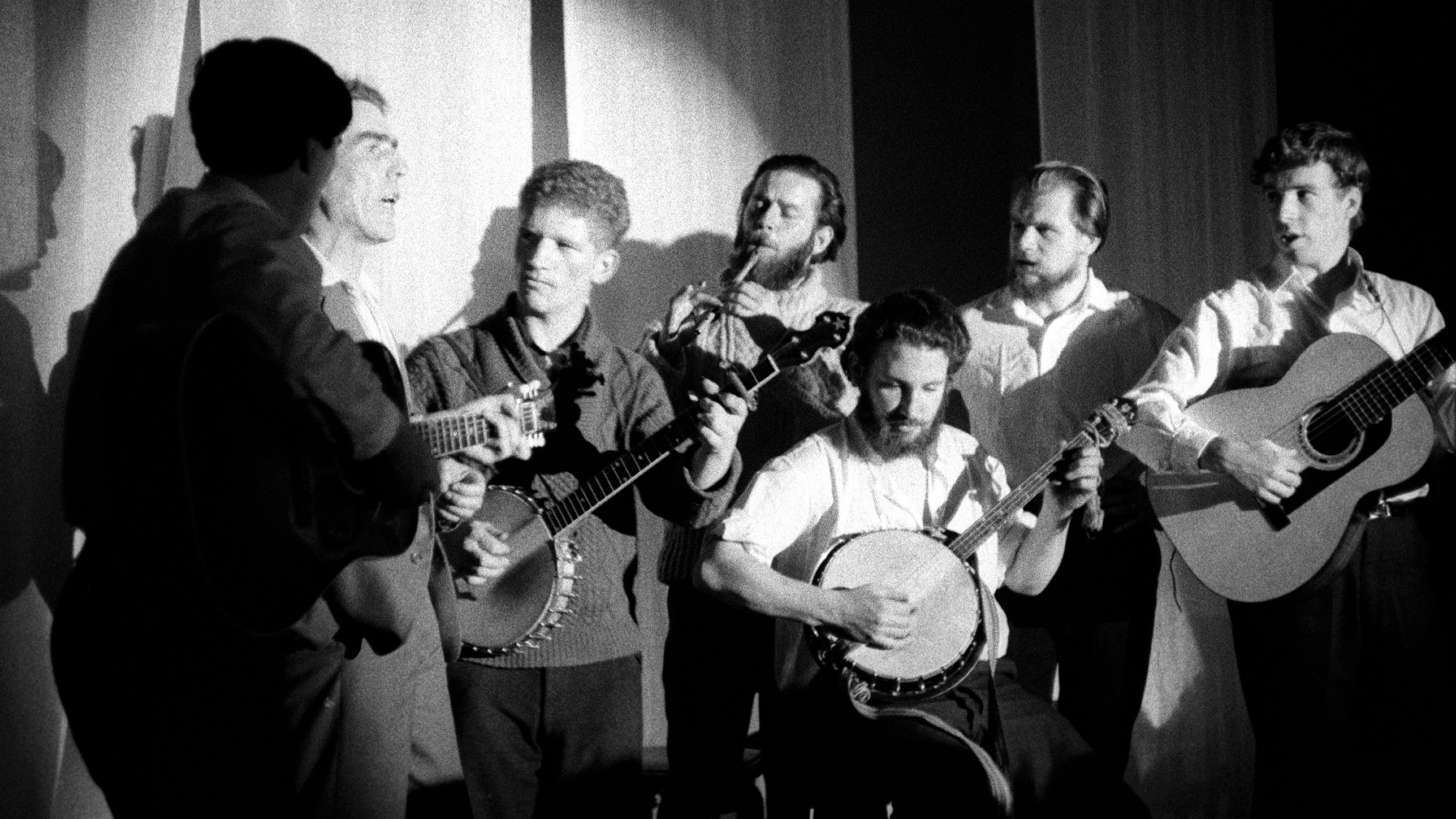 Why Irish traditional music is having a moment
Why Irish traditional music is having a momentIn The Spotlight Frustrations with isolation and technology credited for reviving 'auld' trad tunes
-
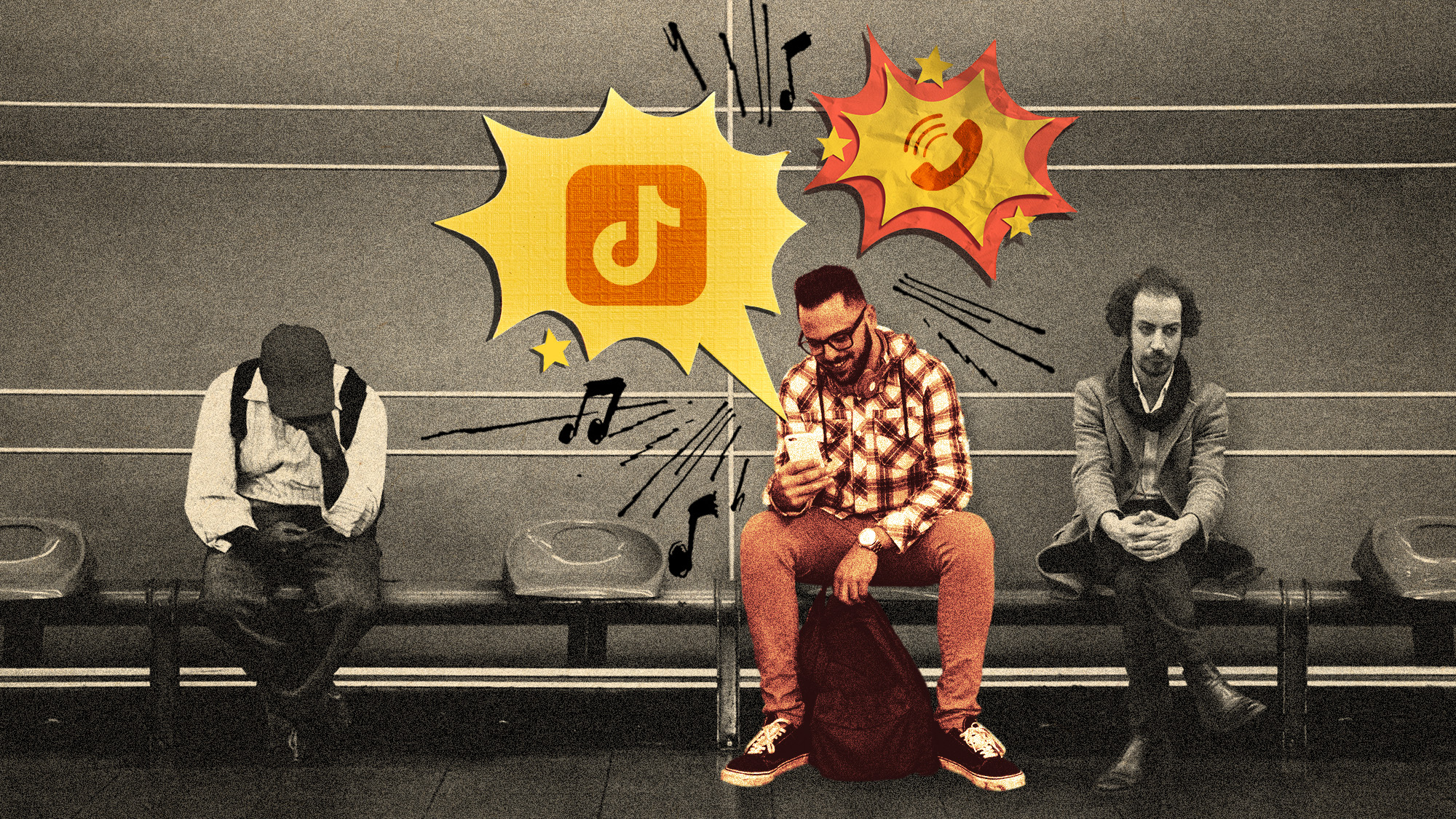 A not-so-quiet place: Why is no one using headphones in public anymore?
A not-so-quiet place: Why is no one using headphones in public anymore?Under the Radar People are increasingly comfortable with both speakerphone and watching videos (very) out loud
-
 Gas masks and loo rolls: why 'preppers' are on the rise
Gas masks and loo rolls: why 'preppers' are on the riseUnder The Radar Doomsday community has expanded from 'Rambo wannabes' to 'Tesco regulars'
-
 Breathtaking: the Covid drama that may make you scream
Breathtaking: the Covid drama that may make you screamThe Week Recommends ITV three-parter is a 'tour de force' that exposes 'political complacency'
-
 The lasting changes of the post-pandemic dining era
The lasting changes of the post-pandemic dining eraThe Explainer The newest of new normals
-
 How revenge travel is impacting the aviation and tourism industries
How revenge travel is impacting the aviation and tourism industriesTalking Point The surge in travel is a far cry from the previous pandemic years during which travel took a hit
-
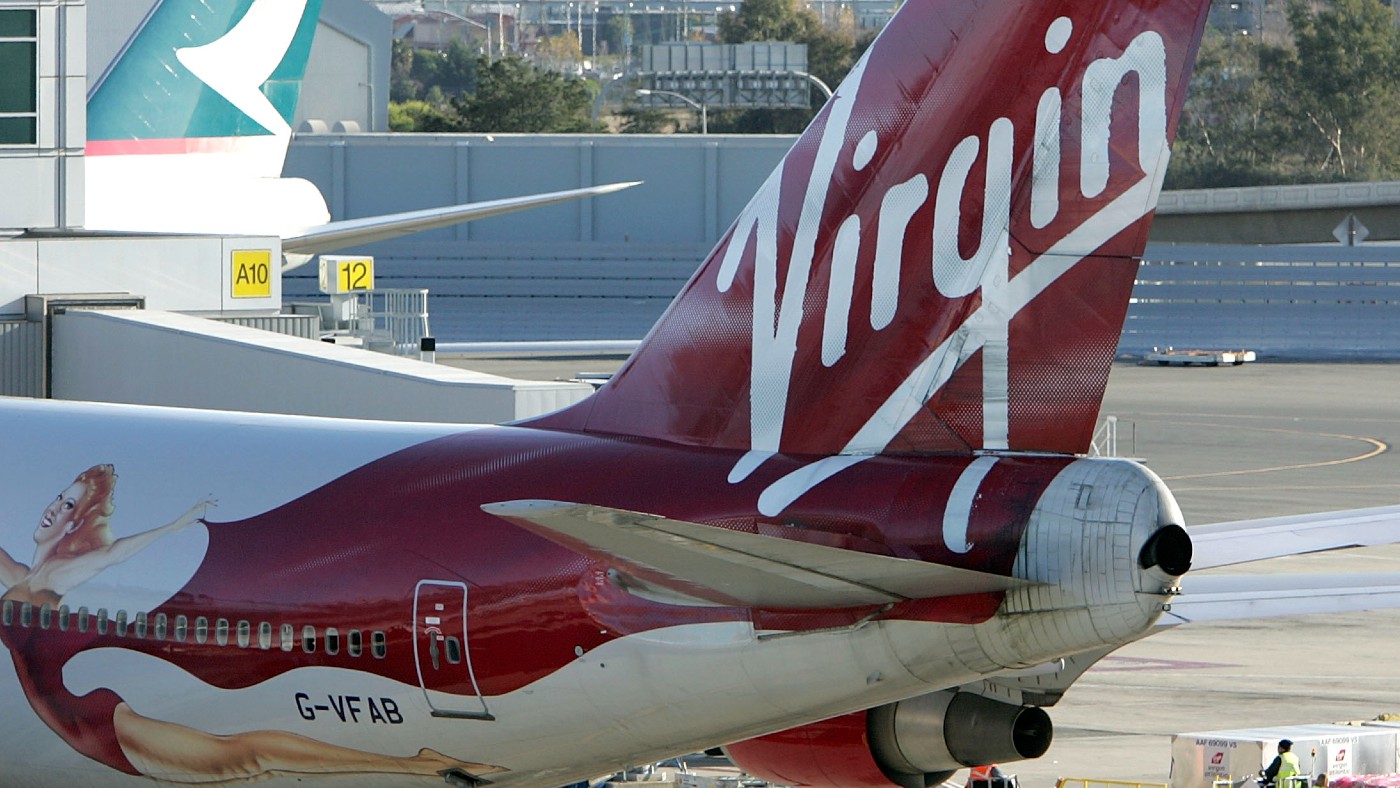 Virgin Atlantic fined for violating Iraqi airspace
Virgin Atlantic fined for violating Iraqi airspaceSpeed Read Airline said the incursions were accidental and caused by the Covid-19 pandemic